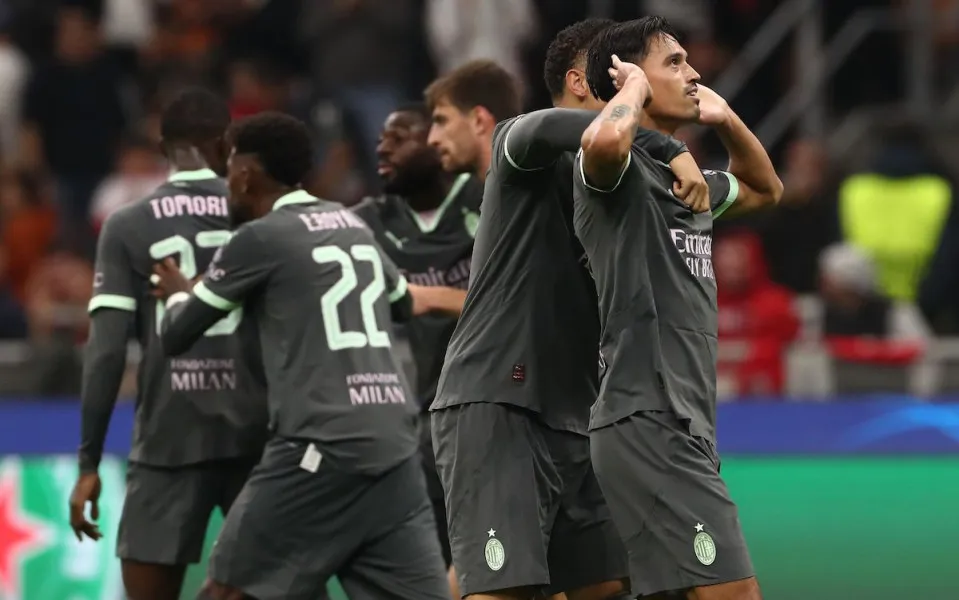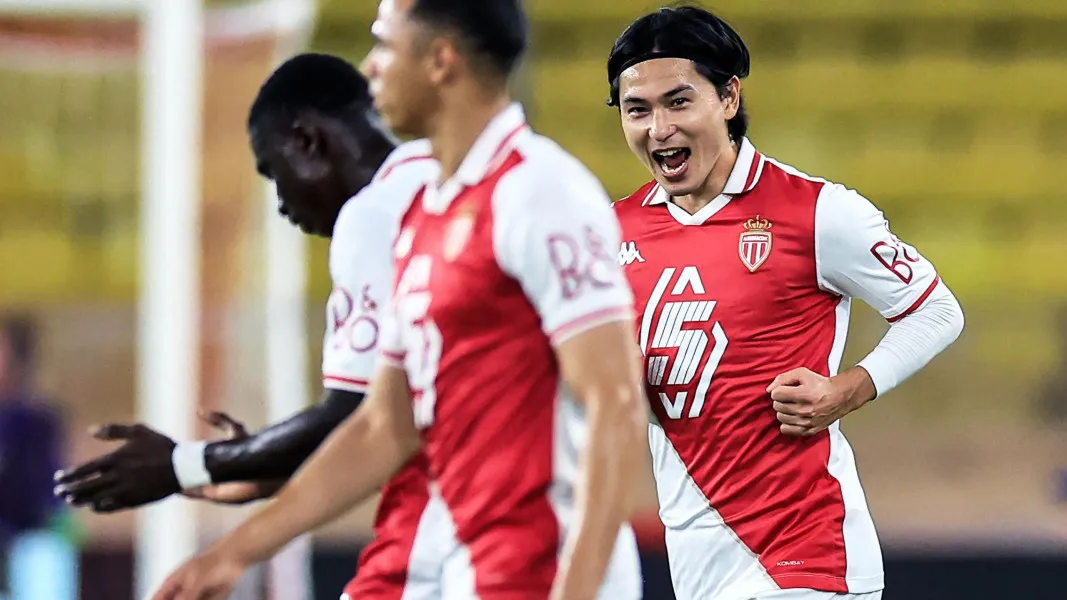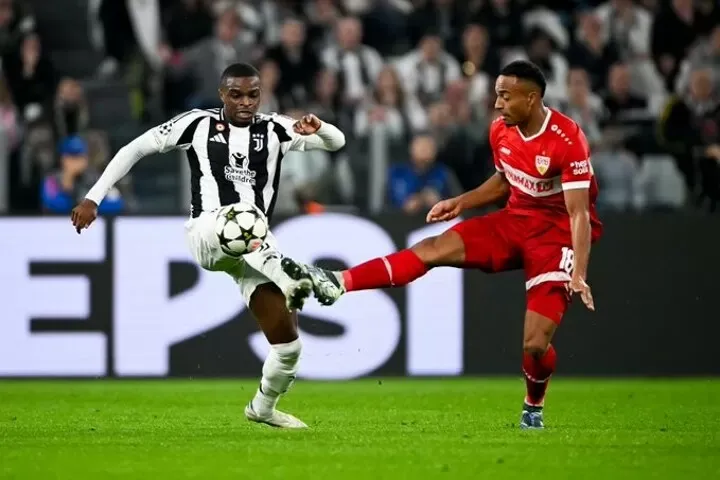Desire Noumandiez Doue, the Head of Refereeing at the Confederation of African Football (CAF), has made a significant statement regarding the exclusion of Nigerian referees from the African Cup of Nations (AFCON) for 18 years. Speaking at a CAF referees training session in Abidjan, Doue stressed that while Nigeria has competent referees, they need to enhance their performance to be considered for continental competitions like AFCON.
The last time a Nigerian referee officiated at an AFCON match was in 2006. Doue acknowledged Nigeria’s capacity for good referees in domestic and regional matches but emphasized CAF’s need for the absolute best in its competitions. He explained that the selection process for referees is extensive, spanning over a year and a half, and involves continuous scouting, evaluation, and selection.
Doue’s statement highlighted that good referees are suitable for member associations (MAs) and regional zones, but CAF requires the best. He encouraged Nigerian referees to improve and seek assistance if needed to join the ranks of the best, as the selection process is an ongoing effort.
He also detailed the progression from young talent to elite levels in refereeing, with the final selection for AFCON being made from the elite A category. Doue’s comments indicate a challenge for Nigerian referees to strive for excellence and reach the elite status necessary for participation in prestigious tournaments like AFCON.
Additionally, Doue addressed the performance of the Video Assistant Referee (VAR) system at AFCON, acknowledging the need for improvement and stating that it is a continuous learning process. He expressed satisfaction with the positive feedback on VAR’s success at the tournament but cautioned against premature praise, emphasizing the need to maintain high performance standards throughout the competition.
This development poses a challenge to Nigerian referees to enhance their skills and performance to meet the stringent standards set by CAF for international tournaments. Doue’s remarks underscore the importance of continuous improvement and professional development in the field of sports officiating, particularly in high-stakes international competitions.





